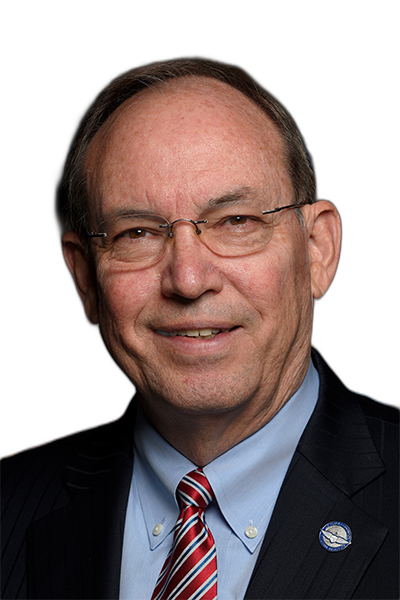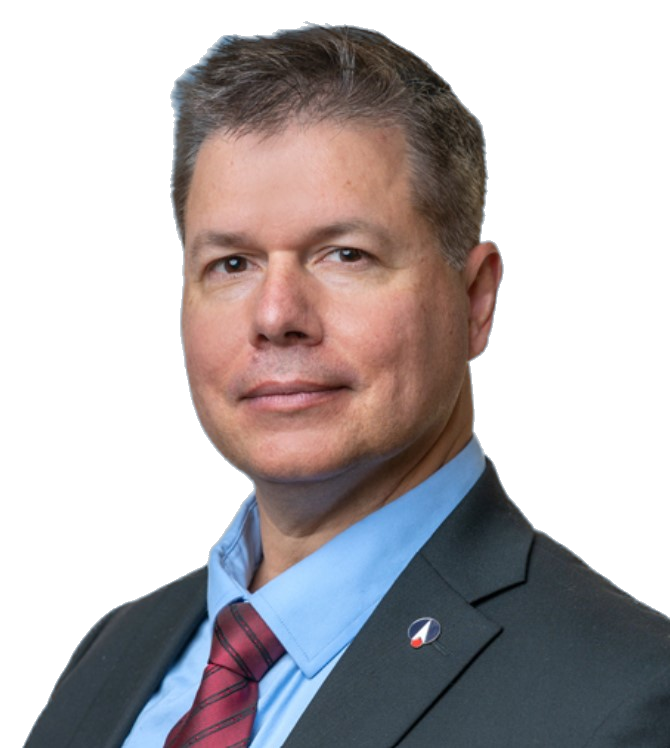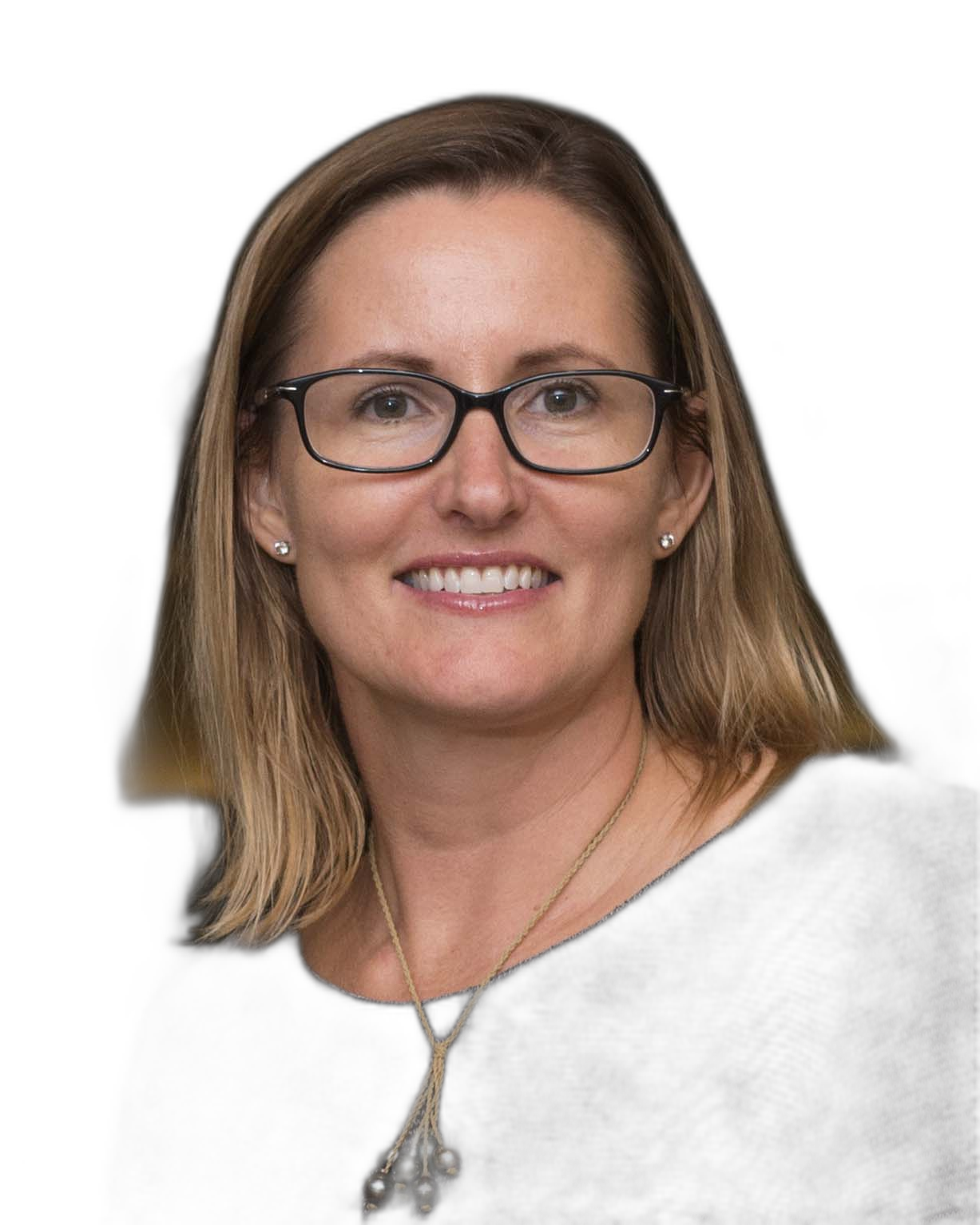A technologically disruptive environment is presenting new challenges for military operations. With the components of air power and its delivery expanding into new domains, particularly space and cyberspace, air forces must switch paradigms and transform their way of operating.
New approaches need to be developed to make possible the generational leap to fifth- and sixth-generation air power. Through specially curated technology-focused, forward-looking content, The Air Power Journal aims to enrich the discourse on air power transformation –highlighting its strategic imperatives, challenges, and making informed recommendations. Complementing the print publication, the digital launch of the journal in 2024 serves to create a specialized, open-access knowledge bank. With a growing repository of specially commissioned papers, the journal’s digital platform creates a vital resource for gaining in-depth knowledge to navigate the complexities of air power transformation.
The Air Power Journal is an authoritative source for cutting-edge perspectives on air power transformation, providing the latest insights and perspectives on future concepts, technologies, and transformation imperatives. Bringing together exclusive content from the world’s most respected subject matter experts, we keep the strategic discussion on air power transformation moving forward. Published in two languages, the journal is circulated with policymakers, air forces, industry, and academia with over a hundred and fifteen organizations and institutions across the world. With a growing repository of specially commissioned papers, the journal’s digital platform creates a vital resource for gaining in-depth knowledge to navigate the complexities of air power transformation.
SWITCH PARADIGM.
Contributors
Our contributors are recognized as world-leading experts, occupying positions at the forefront of research, advising governments and corporations on strategic challenges.

David A. Deptula, Lieutenant General (Ret.), United States Air Force, Dean, Mitchell Institute of Aerospace Studies, United States

Heiko Borchert, Co-Director, Defense AI Observatory, Germany

Dr. Jean-Marc Rickli, Head, Global and Emerging Security Risk, Geneva Centre for Security Policy, Switzerland

Peter Garretson, Senior Fellow and Co-Director of the Space Policy Initiative, American Foreign Policy Council, United States

Dr. Malcolm Davis, Senior Analyst, Australian Strategic Policy Institute, Australia

Dr. Valérie Merindol, Professor and Co-Director, newPIC Chair, Paris School of Business, France

Professor Justin Bronk, Senior Research Fellow, Royal United Services Institute, United Kingdom

Dr. Andrea Gilli, Senior Researcher, NATO Defense College, Italy

Charles Galbreath, Senior Resident Fellow for Space Studies, Spacepower Advantage Center of Excellence (MI-SPACE), United States

Dr. Sherrill Lingel, Program Director for Force Modernization and Employment, RAND Corporation, United States

Professor Guy André Boy, FlexTech Chair Holder, CentraleSupélec, Paris Saclay University, France
Affiliations
The Air Power Journal is associated with the Dubai International Air Chiefs’ Conference (DIACC) – the world’s premier gathering of air chiefs of staff and commanders – as its official journal.
For over two decades, DIACC has provided a high-level forum for the latest emerging perspectives in the air power community. Our association with DIACC underscores our commitment to leading-edge discourse and global collaboration, reinforcing the journal’s role as a cornerstone of strategic thought and innovation.
Produced in the UAE
Available in two languages, The Air Power Journal is an open-access technical publication with a globally dispersed readership.

